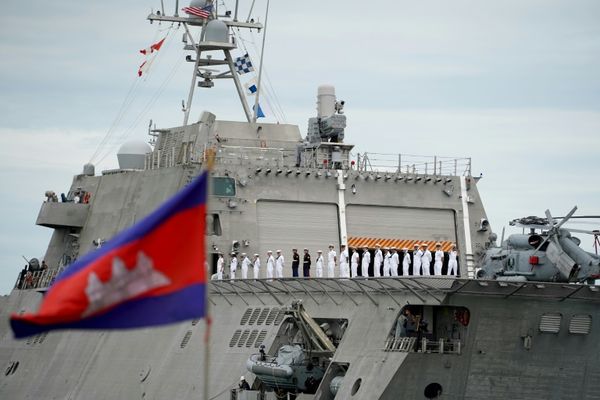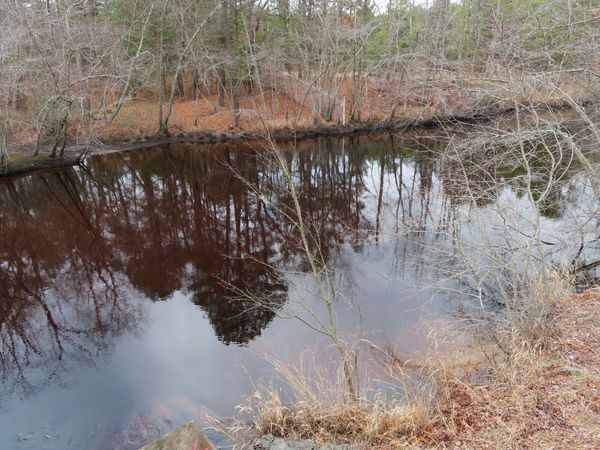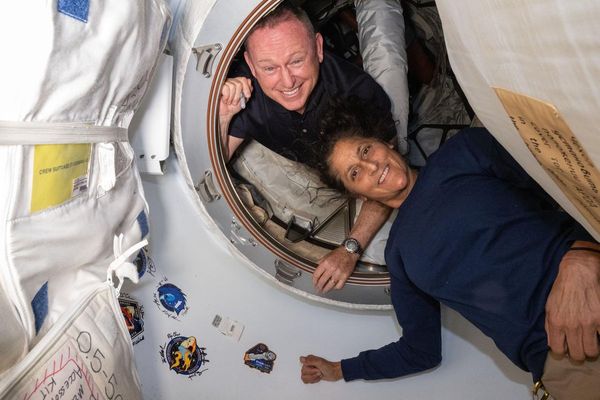
Amid a raging dispute over how long WA Senator Fatima Payman’s plans had been gestating ahead of her resignation from the ALP last week, one point stands clear: doing so on the day of Britain’s general election was opportune.
Among the election’s many subplots was the success of independent candidates leveraging anger in the Muslim community over Labour’s indecisive stance on Gaza.
The apparent success of an organisation called The Muslim Vote, whose user-friendly website endorsed candidates in 77 constituencies with large Muslim populations, has inspired a local focus with the very same name, objectives and methods.
Under the leadership of Jeremy Corbyn in 2019, Labour won the 30 seats with Britain’s biggest Muslim populations, with absolute majorities in all but one.
Five of them were lost by Labour last week — four to independents backed by The Muslim Vote, and one to a Conservative beneficiary of Labour’s loss of vote share to non-Conservative candidates — with its average vote plummeting from 64.1% to 38.7%.
A local focus
The prospect of a repeat performance in Australia would be gravely alarming to two of the Albanese government’s most senior figures: Jason Clare and Tony Burke. On the recently proposed new boundaries, roughly one in three voters are Muslim in Clare’s seat of Blaxland and Burke’s seat of Watson.
With a 24% Muslim population is Calwell in Melbourne’s outer north, where Labor has prudently ensured that retiring incumbent Maria Vamvakinou will be succeeded as its candidate by Basem Abdo, who was born in Kuwait of Palestinian parents (local complaints about an undemocratic process notwithstanding).
Also widely mentioned is Calwell’s southern neighbour, Wills, held for Labor by Peter Khalil, the Egyptian-born son of Coptic Christian parents.
Here the danger to Labor lies not so much from the Muslim population, which is concentrated at the northern end and accounts for less than 10% of the total, as the largely white inner-urban bohemia of Carlton North and Fitzroy North, whose proposed addition to the seat in the redistribution stands as a major boon to the Greens.
For Clare and Burke, some insight can be provided by the following chart, which plots the decline of British Labour’s vote at last week’s election against the size of the Muslim population in the 37 constituencies where it exceeds 20% of the total.
This points to a quite robust linear relationship in which the approximate one-third Muslim populations of Blaxland and Watson would associate with a 20% drop in the Labor vote in those seats.
British Labour was, to be sure, coming off a higher base than the ALP, with Corbyn’s former party having done around 5-6% better in heavily Muslim electorates in 2019 than Anthony Albanese’s party in 2022.
Nonetheless, it can be inferred that a Muslim backlash similar to that suffered by Labour in Britain would reduce Clare’s and Burke’s primary vote shares from a little above 50% to the mid-to-high 30s.
An instructive comparison is with the London seat of Ilford North, which likewise has a 31% Muslim population, where Labour held on with 33.4% against 32.2% for a Muslim Vote-backed independent.
In the Australian context, that would leave the matter to be determined by a factor unknown to House of Commons elections — preferences.
With the Greens a modest presence in both seats, the ball would be in the court of the Liberal Party, whose supporters’ fealty to the party’s how-to-vote card was illustrated when it flipped from favouring the Greens to Labor in 2013, causing Adam Bandt’s share of their preferences in Melbourne to drop from four-fifths to one-third.
The Liberals would thus have to weigh up the prospect of taking out two senior ministers, and with them any chance of Labor retaining its majority, against a concern not to be seen facilitating “Muslim candidates from Western Sydney” — a line that Peter Dutton undoubtedly employed last week in full consciousness of the controversy that would ensue.







